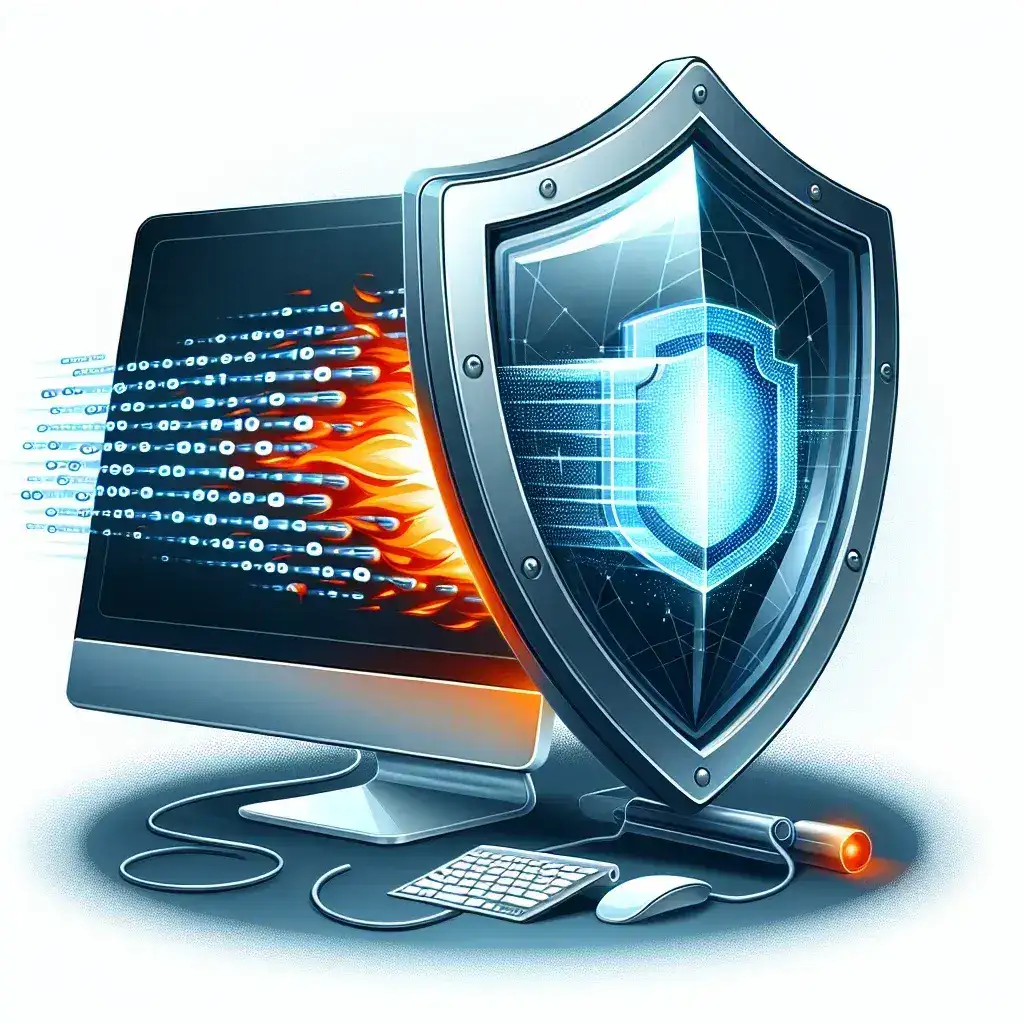In today\’s digital age, protecting your computer from various online threats is more important than ever. One of the essential tools in your cybersecurity arsenal is a firewall. But what exactly is a firewall, and how does it protect your computer? This comprehensive guide will help you understand the workings of a firewall and its crucial role in maintaining your device\’s security.
What is a Firewall?
A firewall is a network security system designed to monitor and control incoming and outgoing network traffic based on predetermined security rules. Essentially, it acts as a barrier between your trusted internal network and untrusted external networks, such as the internet. Firewalls can be implemented as hardware, software, or a combination of both.
Types of Firewalls
There are several types of firewalls, each with unique features and functionalities. Below is a table summarizing the most common types of firewalls:
| Type of Firewall | Description |
|---|---|
| Packet-Filtering Firewall | Inspects individual packets of data and allows or blocks them based on predefined rules. |
| Stateful Inspection Firewall | Monitors the state of active connections and makes decisions based on the context of the traffic. |
| Proxy Firewall | Acts as an intermediary between the user and the internet, filtering all network requests. |
| Next-Generation Firewall (NGFW) | Incorporates advanced features such as application awareness and intrusion prevention. |
| Web Application Firewall (WAF) | Specifically designed to protect web applications by filtering and monitoring HTTP traffic. |
How Does a Firewall Protect Your Computer?
Firewalls protect your computer through various mechanisms:
1. Traffic Monitoring and Filtering
A firewall constantly monitors incoming and outgoing traffic to ensure that only safe and legitimate data can pass through. This is done through a set of predefined security rules that determine what kind of traffic is allowed or blocked.
2. Preventing Unauthorized Access
Firewalls act as a gatekeeper, preventing unauthorized users or systems from accessing your private network. They can block malicious traffic such as hacker attacks or malware attempting to enter your system.
3. Protecting Against Malware
Many modern firewalls come equipped with anti-malware features that can detect and block malicious software. This helps in safeguarding your computer against viruses, trojans, and other types of malware.
4. Providing Alerts and Logs
Firewalls often come with alerting and logging capabilities that notify you of any suspicious activity. These logs can be incredibly useful for diagnosing security incidents and understanding potential threat vectors.
5. Enhancing Network Performance
By filtering out unwanted traffic, a firewall can improve network performance. This is especially important in business environments where bandwidth usage needs to be optimized.
Types of Firewall Deployment
Firewalls can be deployed in different ways depending on your specific security needs:
Hardware Firewalls
These are standalone devices typically used in enterprise settings to protect large networks. They are highly effective and can handle substantial amounts of traffic.
Software Firewalls
These are installed directly on individual devices, such as computers or smartphones. They are more suitable for personal use or small businesses and are easier to configure and maintain.
Cloud Firewalls
As more businesses migrate to the cloud, cloud-based firewalls have become increasingly popular. They offer scalable security solutions without the need for physical hardware.
Best Practices for Effective Firewall Management
- Regular Updates: Keep your firewall software and hardware updated to protect against the latest threats.
- Strong Policies: Define and enforce strong security policies to ensure only legitimate traffic is allowed.
- Monitoring and Alerts: Regularly monitor firewall logs and configure alerts for suspicious activities.
- User Education: Educate users about safe online practices to complement your firewall\’s protection.
- Redundancy: Implement redundant firewalls to ensure continuous protection in case one fails.
Conclusion
In summary, a firewall is an indispensable tool for protecting your computer and network from various online threats. By understanding the different types of firewalls and their functionalities, you can make informed decisions to secure your digital environment. Whether you\’re an individual user or a business, investing in a reliable firewall is a critical step towards safeguarding your data and privacy.

